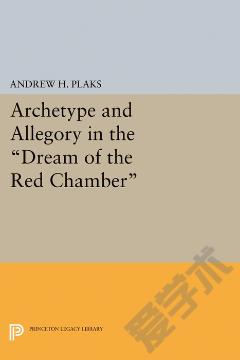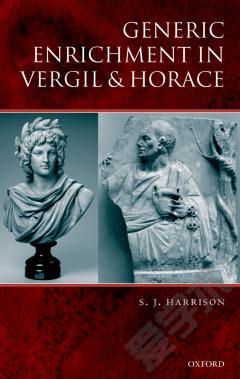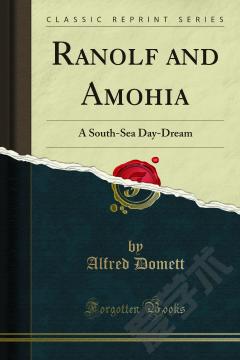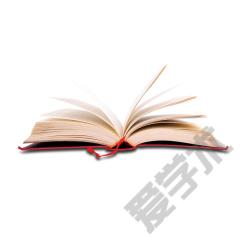Archetype and Allegory in the Dream of the Red Chamber
Surprisingly little has been written in western languages about the eighteenth- century chinese novel dream of the red chamber, perhaps the supreme masterpiece of its entire tradition. In this study, andrew h. Plaks has used the conceptual tools of comparative literature to focus on the novel's allegorical elements and narrative structure. He thereby succeeds in accounting for the work's greatness in terms that do justice to its own narrative tradition and as well to recent advances in general literary theory. A close textual reading of the novel leads to discussion of a wide range of topics: ancient chinese mythology, chinese garden aesthetics, and the logic of alternation and recurrence. The detailed study of european allegorical texts clarifies the directions taken by comparable works of chinese literature, and the critical tool of the literary archetype helps to locate the novel within the chinese narrative tradition from ancient mythology to the more recent "novel" form.
{{comment.content}}








 京公网安备 11010802027623号
京公网安备 11010802027623号